On May 12, a yacht sailing in the Moroccan waters of the Strait of Gibraltar was approached by a pod of killer whales (orcas). The orcas began ramming their heavy noses into the yacht's rudder, causing a leak. The crew was rescued by a passing oil tanker before the sailboat sank, according to El Pais. These unusual attacks on boats have been occurring since 2020, and now scientists believe they have finally discovered the reason behind them.
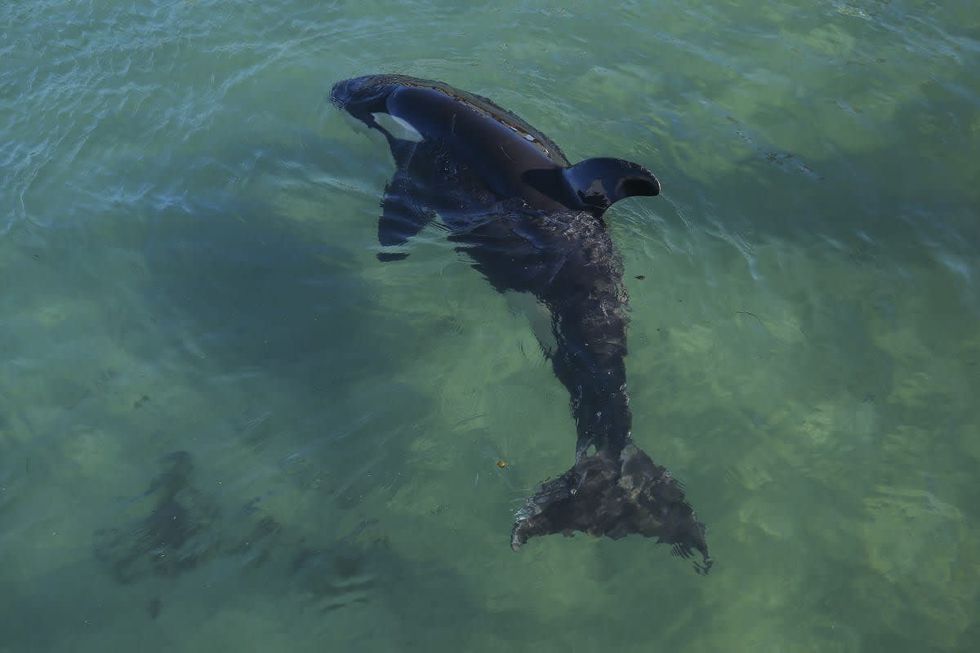
These whales aren't waging war against humans. Instead, their behavior stems from an innate tendency to exhibit unusual actions. Since 2020, pods of orcas in Gibraltar have been interacting with sailing boats, yachts, and motorboats by ramming and breaking their rudders. Unlike the sharks in the 2017 movie "The Shallows," these orcas aren't interested in harming humans, scientists say.
The orcas are simply feeling bored and playful, according to marine biologist and killer whale expert Alex Zerbini, chair of the scientific committee at the International Whaling Commission (IWC). A report by Zerbini and a working group from the Spanish and Portuguese governments documents hundreds of cases since the summer of 2020, where Iberian killer whales, known as gladis, tampered with boats. Six vessels, including four sailboats and two fishing boats, have sunk as a result.
What appeared to be attacks on more than 673 boats since 2020 were nothing but a bunch of bored teenage orcas looking for something to do, said Zerbini, per USA Today. The whales were simply amusing themselves by playing with the boat rudders.
“This group of orcas interacts with the vessels because they are being enriched by the experience,” explained Renaud de Stephanis. He is the president of CIRCE, (Conservation, Information and Study on Cetaceans), an organization where he has been studying orcas’ behavior for over 25 years. “The sea is a very boring place for an animal,” said de Stephanis, “Imagine if you’re a dog or some other mammal, you can interact with objects around you. But in the sea, there’s not much for the orcas to interact with, so they play with the rudders.”
Orcas, members of the dolphin family, are known for their idiosyncratic behaviors and fads, especially among younger ones. In 1987, a group of Pacific Northwest orcas gained fame for wearing dead salmon on their heads, a trend that faded quickly. Zerbini believes the current fad of ramming rudders is similar. "We think the orcas are getting something out of it; they are enjoying it. They’re playing," he said. "Obviously, they don’t understand that their play can harm the boats."
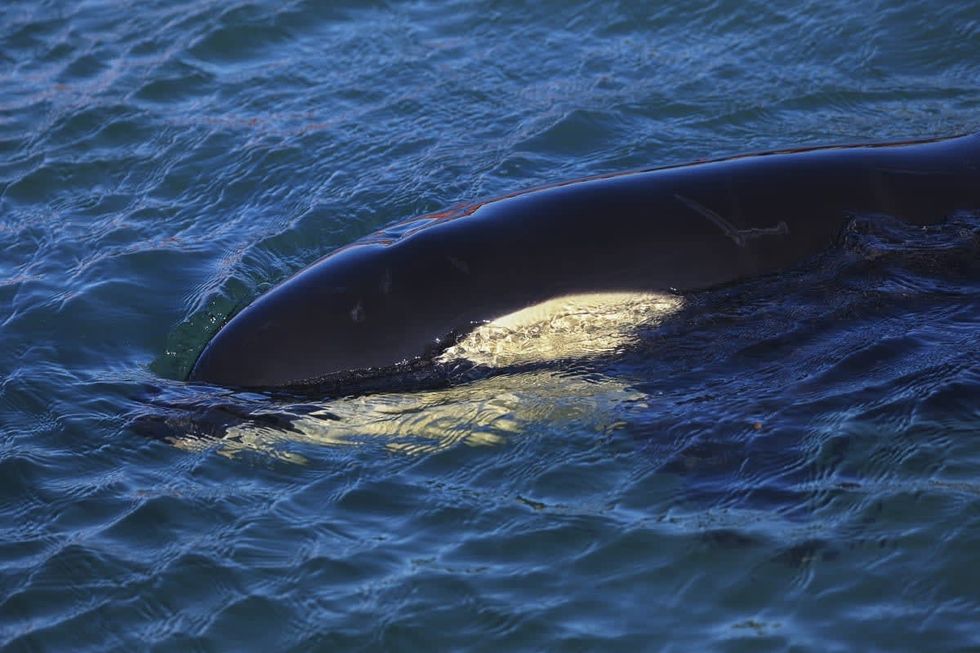
Before this research, some scientists even suggested the possibility of orcas’ aggression behind these attacks. They said that a female orca, who had been traumatized by the boat rudders, was seeking revenge, but there was no evidence to support this. In September 2023, Naomi Rose, a senior scientist with the Animal Welfare Institute in Washington and a member of the research group, and nearly 80 marine biologists published an open letter against this claim. "Science cannot yet explain why the Iberian orcas are doing this, although we repeat that it is more likely related to play/socializing than aggression. However, it is unfounded and potentially harmful to the animals to claim it is for revenge for past wrongs or to promote some other melodramatic storyline," they wrote.
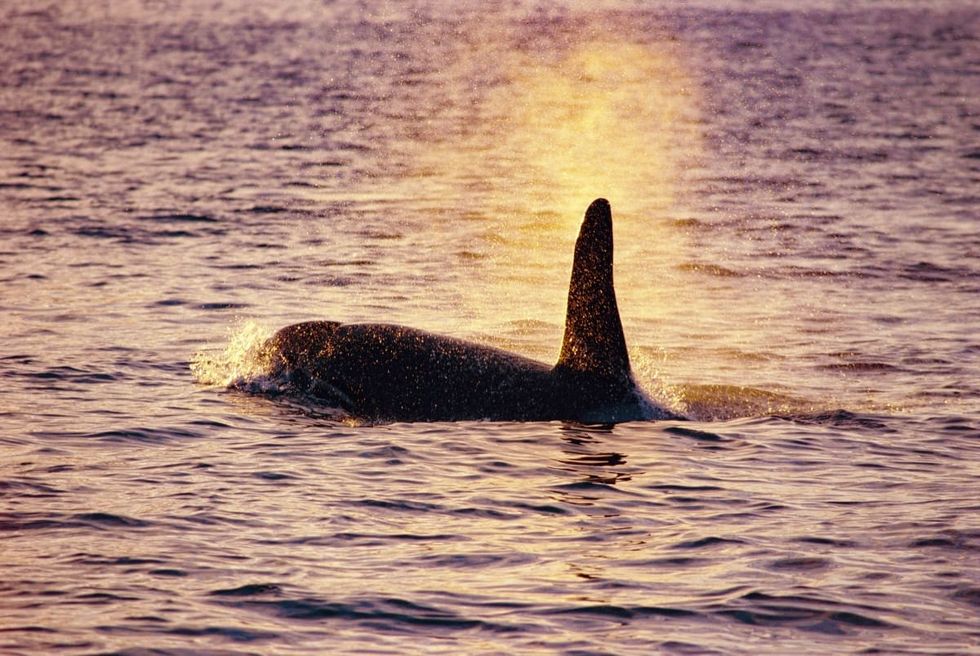
Finally, the mystery behind this peculiar orca behavior has been found to be concerned with tunas. Earlier, tunas were extinct and these killer whales had to spend all their time hunting and preying. But as the tuna population rebounded in recent years, especially in the Gulf of Cádiz; now they have plenty of free time for leisure sports. Good for orcas but dangerous for humans on boats in the area.
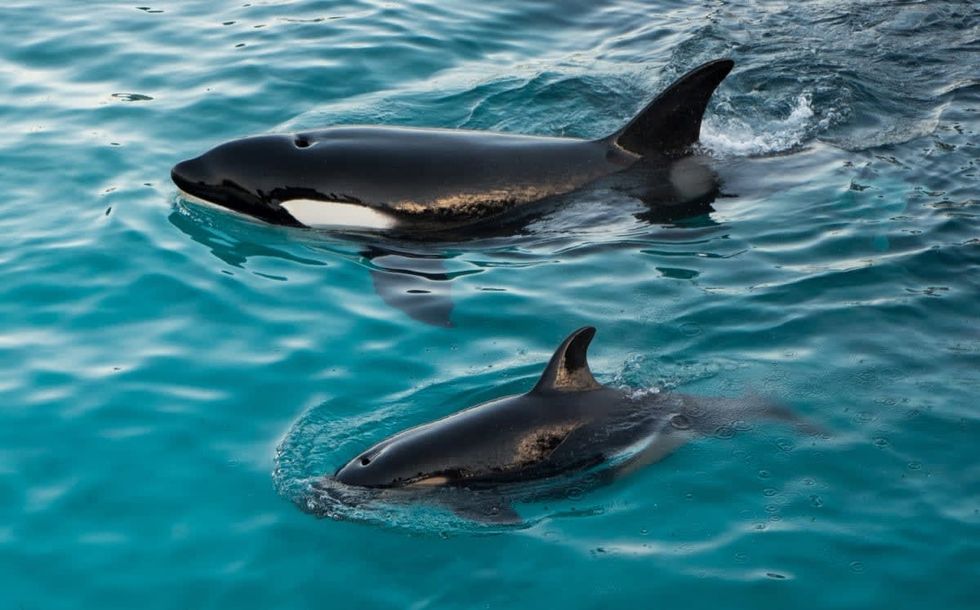
The researchers shared various methods to deal with the orca attack. De Stephanis suggested altering the surface and appearance of the rudder. “The orcas are very timid and careful, these plastic protuberances create acoustic sounds when the orcas scan the rudder,” he said. Plus, since orcas hate jellyfish, so adding tessellated things behind the rudder will make them think that they are looking at a jellyfish. Hence, they will shoo away.
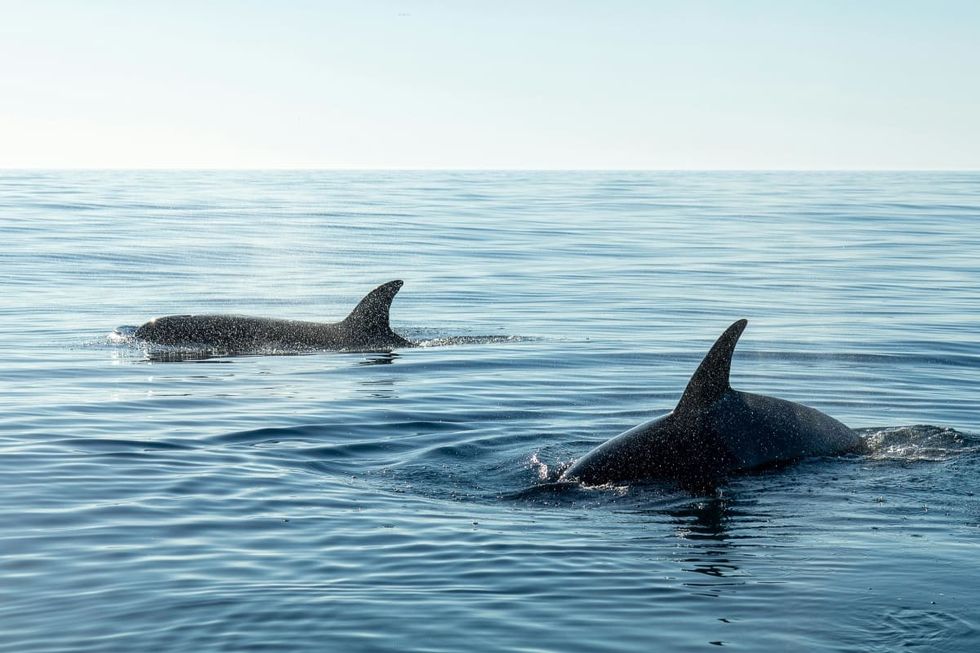
In the workshop, it was also recommended that in the event of such encounters, the boaters should move away from the killer whales as quickly as possible, at least 2 to 3 kilometers from the territory of the whales. Moving away is not guaranteed to end the interaction or prevent damage, but it may certainly reduce the likelihood of the boat sinking into the waters.





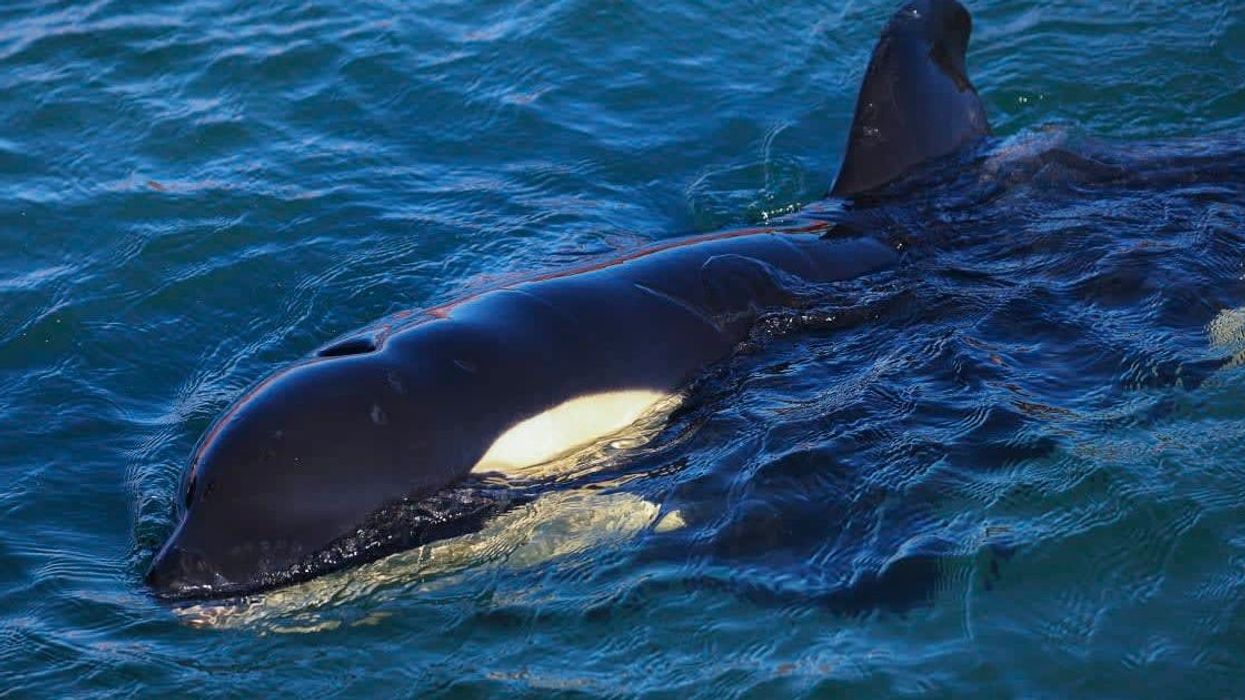












 Representative Image: Accents reveal heritage and history.
Representative Image: Accents reveal heritage and history.  Representative Image: Even unseen you can learn a lot from an accent.
Representative Image: Even unseen you can learn a lot from an accent. 

 Rice grain and white rice.Image via
Rice grain and white rice.Image via  Person eats rice.Image via
Person eats rice.Image via  Washing and rinsing rice.
Washing and rinsing rice.  Mother and daughter eating rice meal.Image via
Mother and daughter eating rice meal.Image via 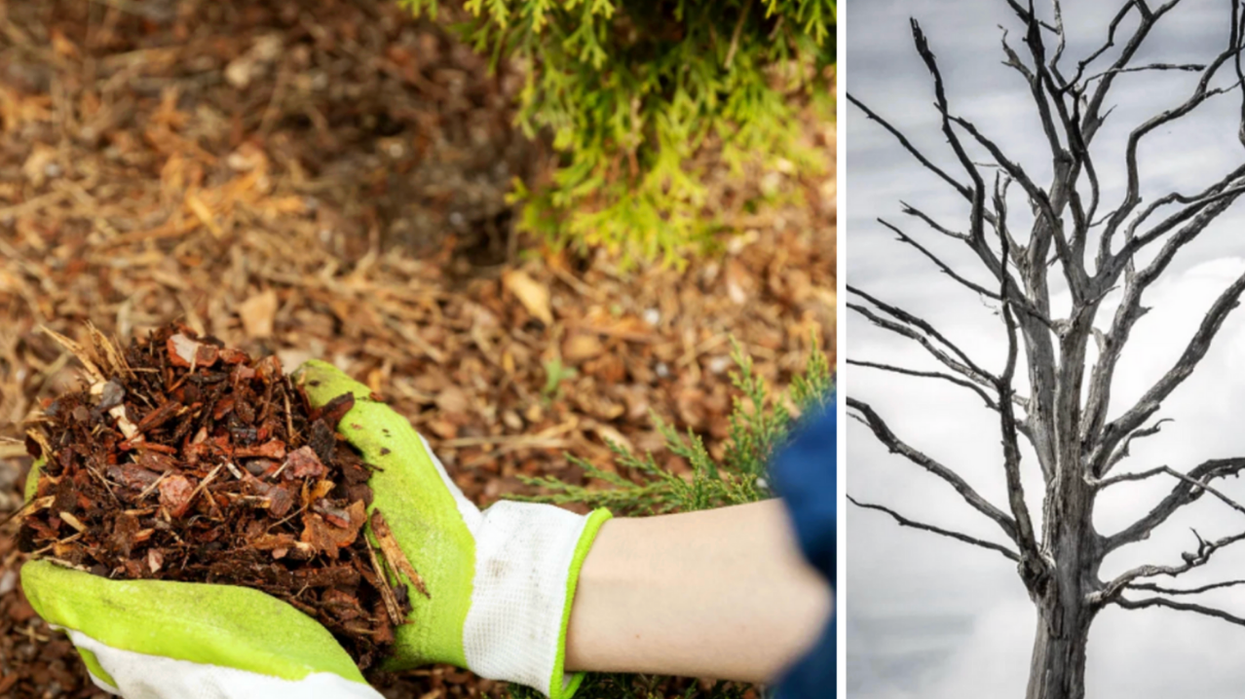

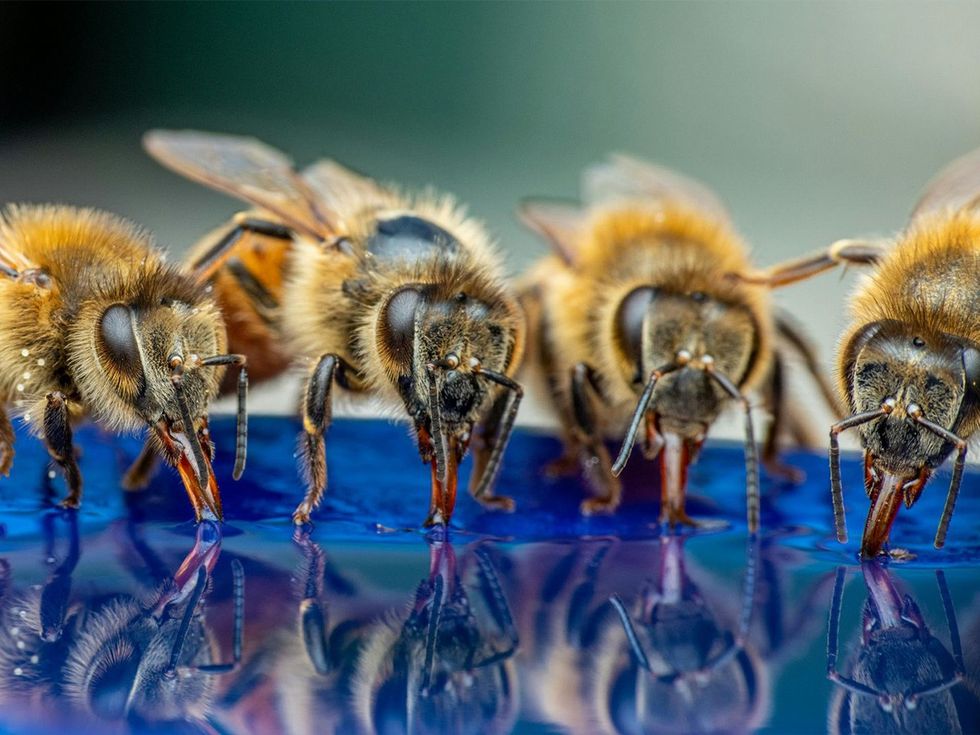 Bees feeding on food source.Image via
Bees feeding on food source.Image via 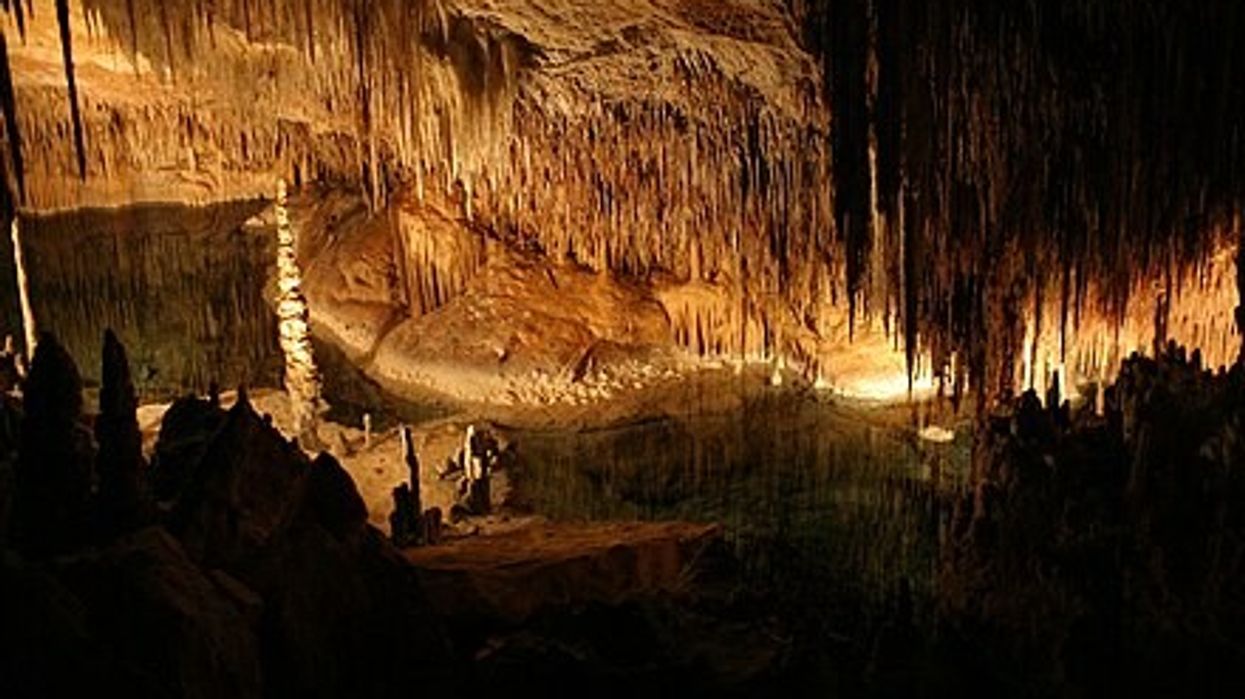
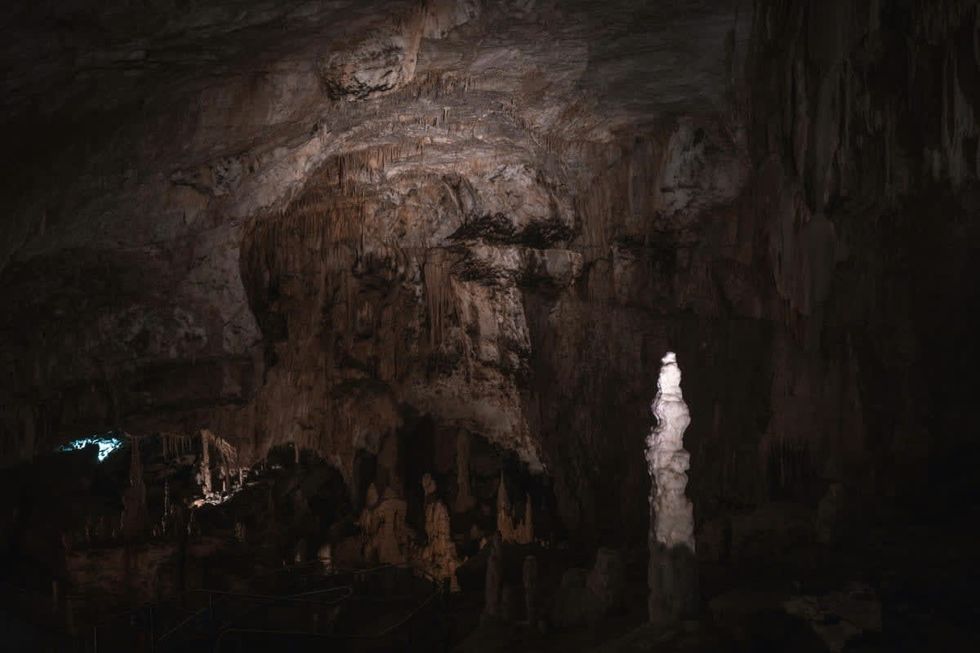 In the depths...Pexels | francesco ungaro
In the depths...Pexels | francesco ungaro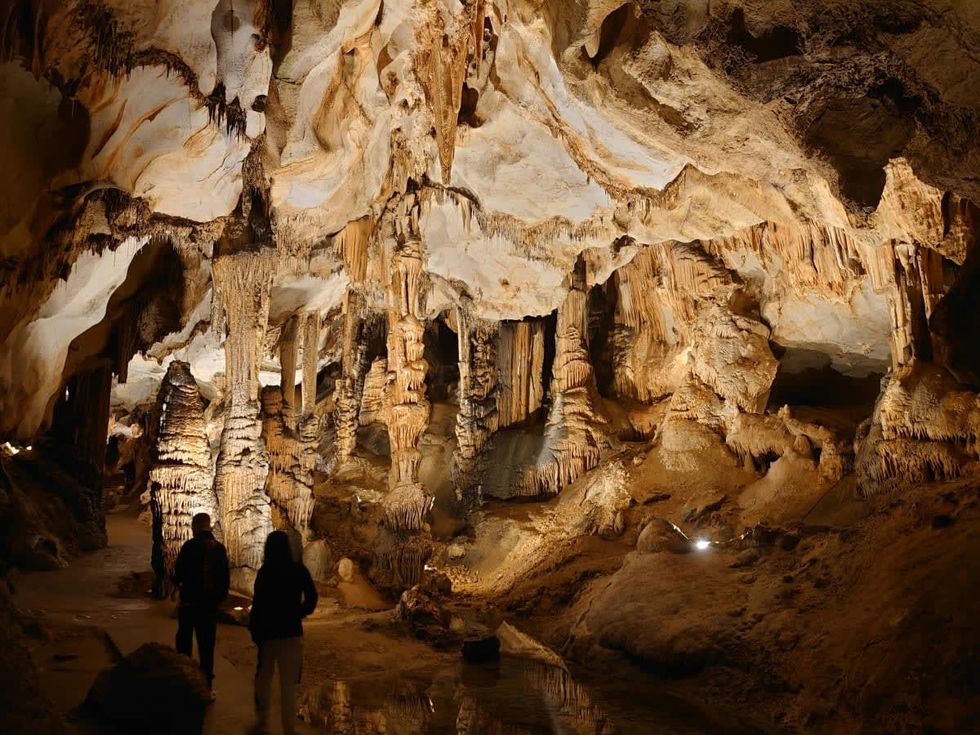 Hope the lights stay on. Pexels | parfait fongang
Hope the lights stay on. Pexels | parfait fongang "That was beyond crazy..." YouTube |
"That was beyond crazy..." YouTube |  "This is the stuff of my nightmares..."YouTube |
"This is the stuff of my nightmares..."YouTube |  "Totally blown away..." YouTube |
"Totally blown away..." YouTube | 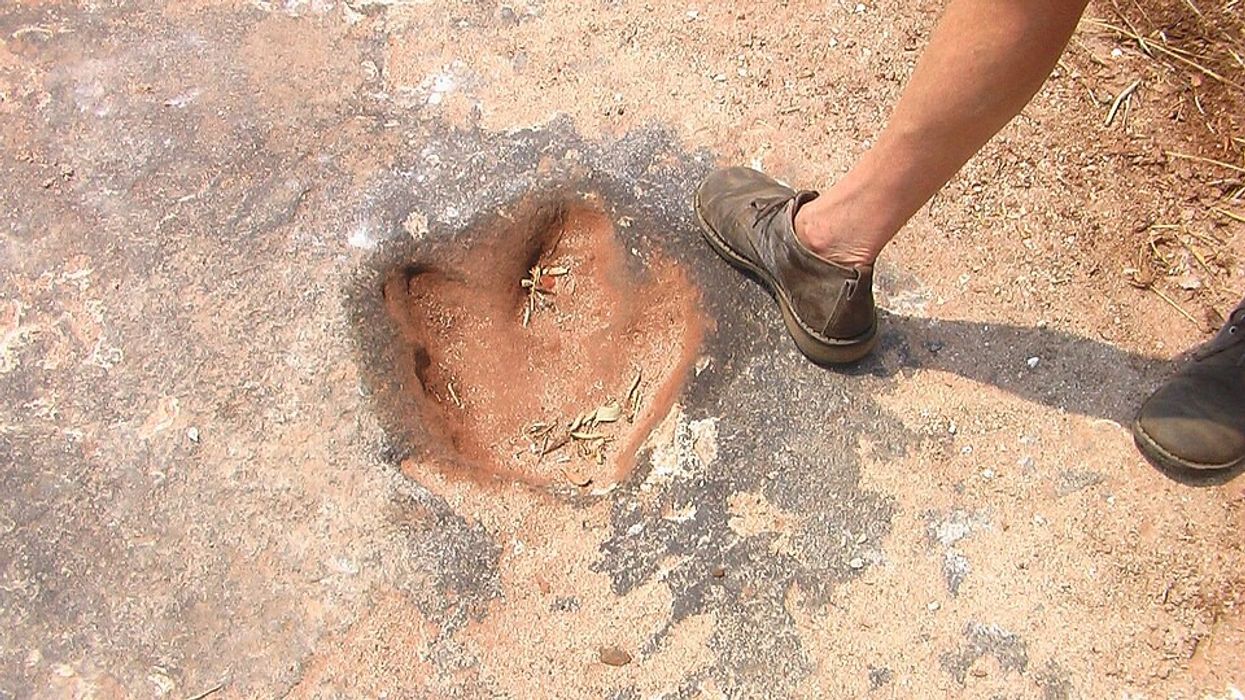
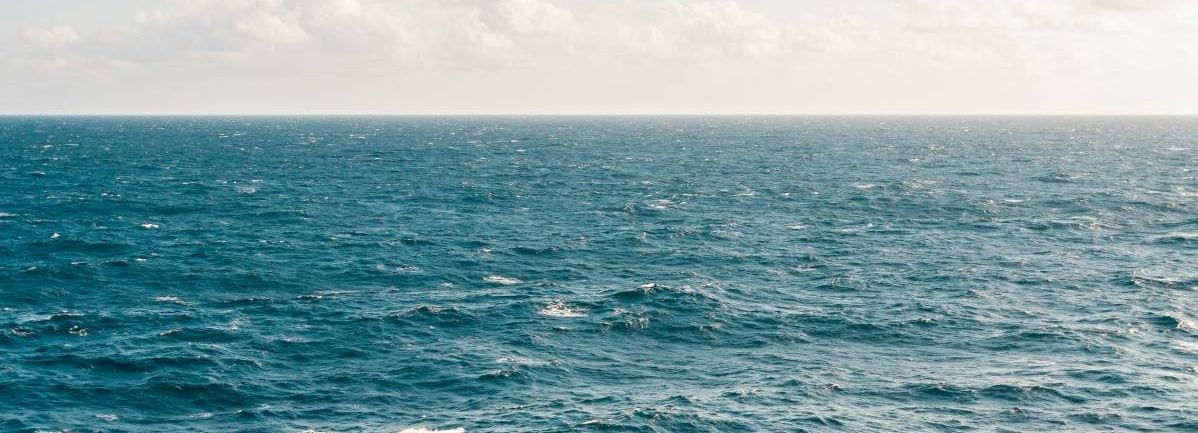 A representative Image of The Atlantic Ocean. Source: Pexels | Kellie Churchman
A representative Image of The Atlantic Ocean. Source: Pexels | Kellie Churchman Representative Image Source: Painting from a series by Ernest Untermann in the museum at Dinosaur National Monument, Utah.
Representative Image Source: Painting from a series by Ernest Untermann in the museum at Dinosaur National Monument, Utah. Representative Image Source: VARIOUS DINOSAURS IN GOBI DESERT. Photo by H. Armstrong Roberts/ClassicStock/Getty Images
Representative Image Source: VARIOUS DINOSAURS IN GOBI DESERT. Photo by H. Armstrong Roberts/ClassicStock/Getty Images
President Donald J. Trump and photo of a forest.
Public united and adamantly opposes Trump’s plan to roll back the Roadless Rule
There doesn't seem to be much agreement happening in the U.S. right now. Differing moral belief systems, economic disparity, and political divide have made a country with so many positives sometimes feel a little lost. Everyone desperately seeks a niche, a connection, or a strong sense of community to which they can feel a "part of," rather than just "apart."
But there seems to be one thing that the country strongly unites over, and that's the "Roadless Rule." With the Trump Administration attempting to roll back conservation policies that protect U.S. National Forests, Americans are saying in harmony an emphatic "No." A nonpartisan conservation and advocacy organization, the Center for Western Priorities, reviewed a comment analysis on the subject. After receiving 223,862 submissions, a staggering 99 percent are opposed to the president's plan of repeal.
What is the 'Roadless Rule' policy implemented in 2001?
The Roadless Rule has a direct impact on nearly 60 million acres of national forests and grasslands. According to the U.S. Department of Agriculture, the rule prohibits road construction and timber harvests. Enacted in 2001, it is a conservation rule that protects some of the least developed portions of our forests. It's considered to be one of the most important conservation wins in U.S. history.
America's national forests and grasslands are diverse ecosystems, timeless landscapes, and living treasures. They sustain the country with clean water and the wood products necessary to build our communities. The National Parks protected under their umbrella offer incredible recreational retreats and outdoor adventure.
Why does the administration want to roll it back?
U.S. Secretary of Agriculture Brooke L. Rollins told the Department of Agriculture in a 2025 press release, “We are one step closer to common sense management of our national forest lands. Today marks a critical step forward in President Trump’s commitment to restoring local decision-making to federal land managers to empower them to do what’s necessary to protect America’s forests and communities from devastating destruction from fires." Rollins continued, “This administration is dedicated to removing burdensome, outdated, one-size-fits-all regulations that not only put people and livelihoods at risk but also stifle economic growth in rural America. It is vital that we properly manage our federal lands to create healthy, resilient, and productive forests for generations to come. We look forward to hearing directly from the people and communities we serve as we work together to implement productive and commonsense policy for forest land management.”
Forest Service Chief Tom Schultz explained the Roadless Rule frustrated land management and acts as a challenging barrier to action. It prohibits road construction needed to navigate wildfire suppression and properly maintain the forest. Schultz said, “The forests we know today are not the same as the forests of 2001. They are dangerously overstocked and increasingly threatened by drought, mortality, insect-borne disease, and wildfire. It’s time to return land management decisions where they belong – with local Forest Service experts who best understand their forests and communities."
Why are people adamantly opposed to the proposed rollback?
A 2025 article in Earthjustice, a nonprofit environmental law organization, expressed its concern over the protection of national forests covering 36 states and Puerto Rico. A rescinded rule allows increased logging, extractive development, and oil and gas drilling in previously undisturbed backcountry. Here is what some community leaders had to say about it:
President Gloria Burns, Ketchikan Indian Community, said, "You cannot separate us from the land. We depend on Congress to update the outdated and predatory, antiquated laws that allow other countries and outside sources to extract our resource wealth. This is an attack on Tribes and our people who depend on the land to eat. The federal government must act and provide us the safeguards we need or leave our home roadless. We are not willing to risk the destruction of our homelands when no effort has been made to ensure our future is the one our ancestors envisioned for us. Without our lungs (the Tongass) we cannot breathe life into our future generations.”
Linda Behnken, executive director of the Alaska Longline Fishermen’s Association, stated, "Roadbuilding damaged salmon streams in the past — with 240 miles of salmon habitat still blocked by failed road culverts. The Roadless Rule protects our fishing economy and more than 10,000 jobs provided by commercial fishing in Southeast Alaska.”
The Sierra Club's Forest Campaign Manager Alex Craven seemed quite upset, saying, "The Forest Service followed sound science, economic common sense, and overwhelming public support when they adopted such an important and visionary policy more than 20 years ago. Donald Trump is making it crystal clear he is willing to pollute our clean air and drinking water, destroy prized habitat for species, and even increase the risk of devastating wildfires, if it means padding the bottom lines of timber and mining companies.”
The 2025 recession proposal would apply to nearly 45 million acres of the national forests. With so many people writing in opposition to the consensus, the public has determined they don't want it to happen.
Tongass National Forest is at the center of the Trump administration's intention to roll back the 2001 Roadless Rule. You can watch an Alaska Nature Documentary about the wild salmon of Tongass National Forrest here:
- YouTube www.youtube.com
The simple truth is we elect our public officials to make decisions. The hope is they do this for all of our well-being, although often it seems they do not. Even though we don't have much power to control what government officials do, voicing our opinions strongly enough often forces them to alter their present course of action. With a unanimous public voice saying, "No!" maybe this time they will course correct as the public wishes.